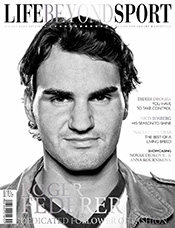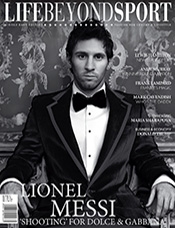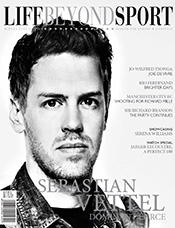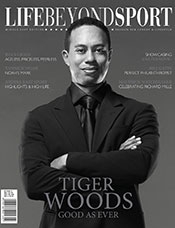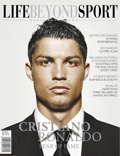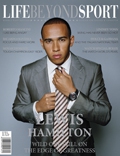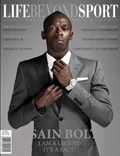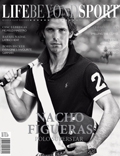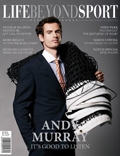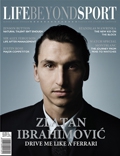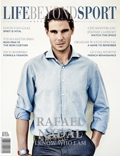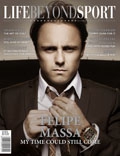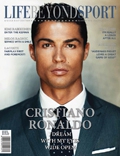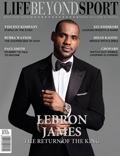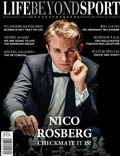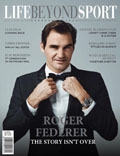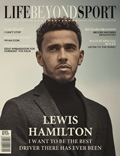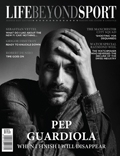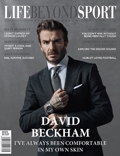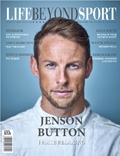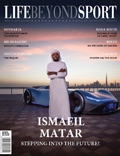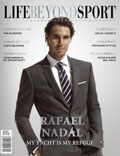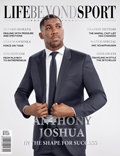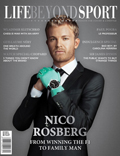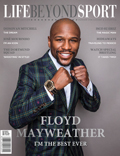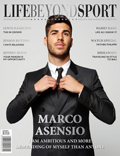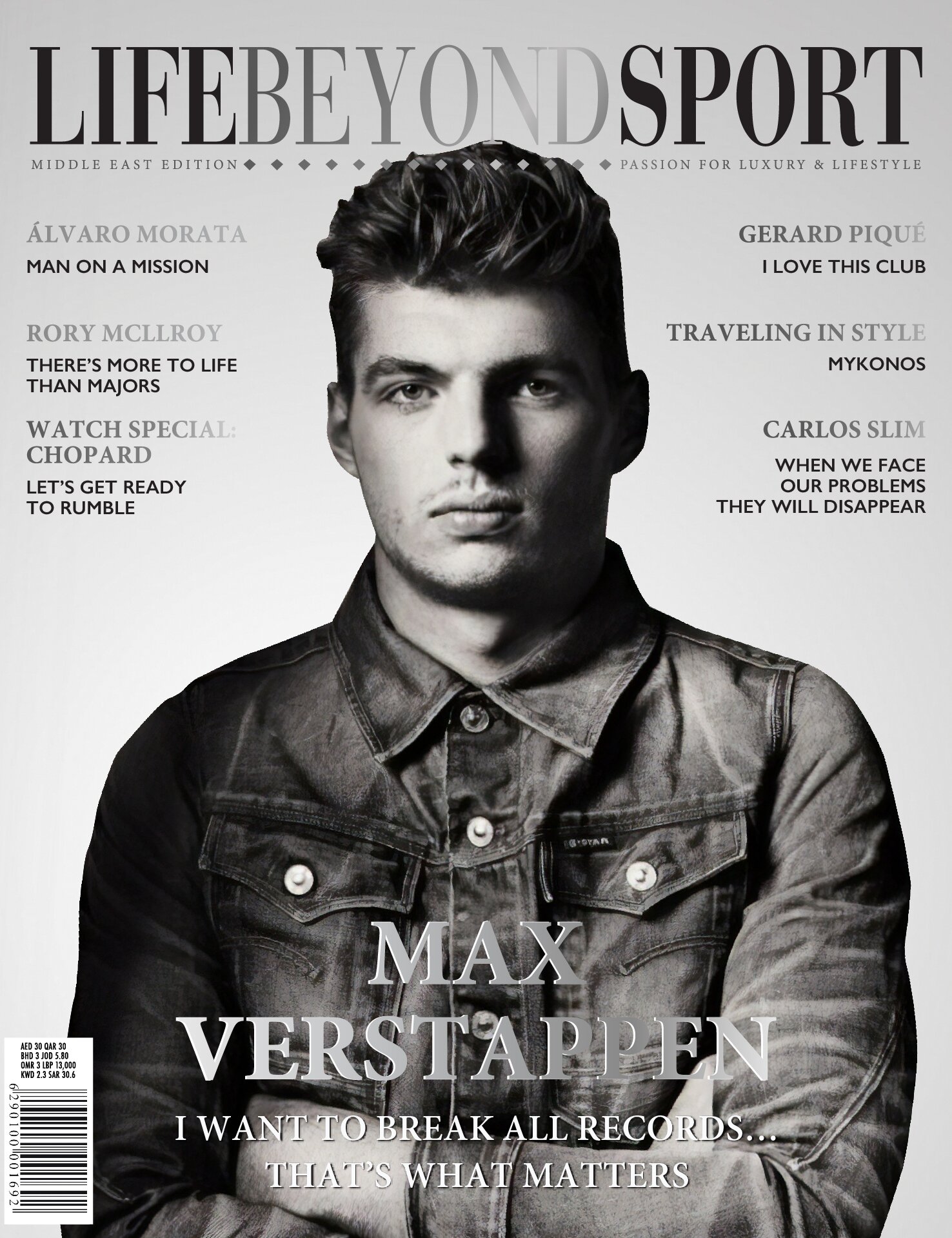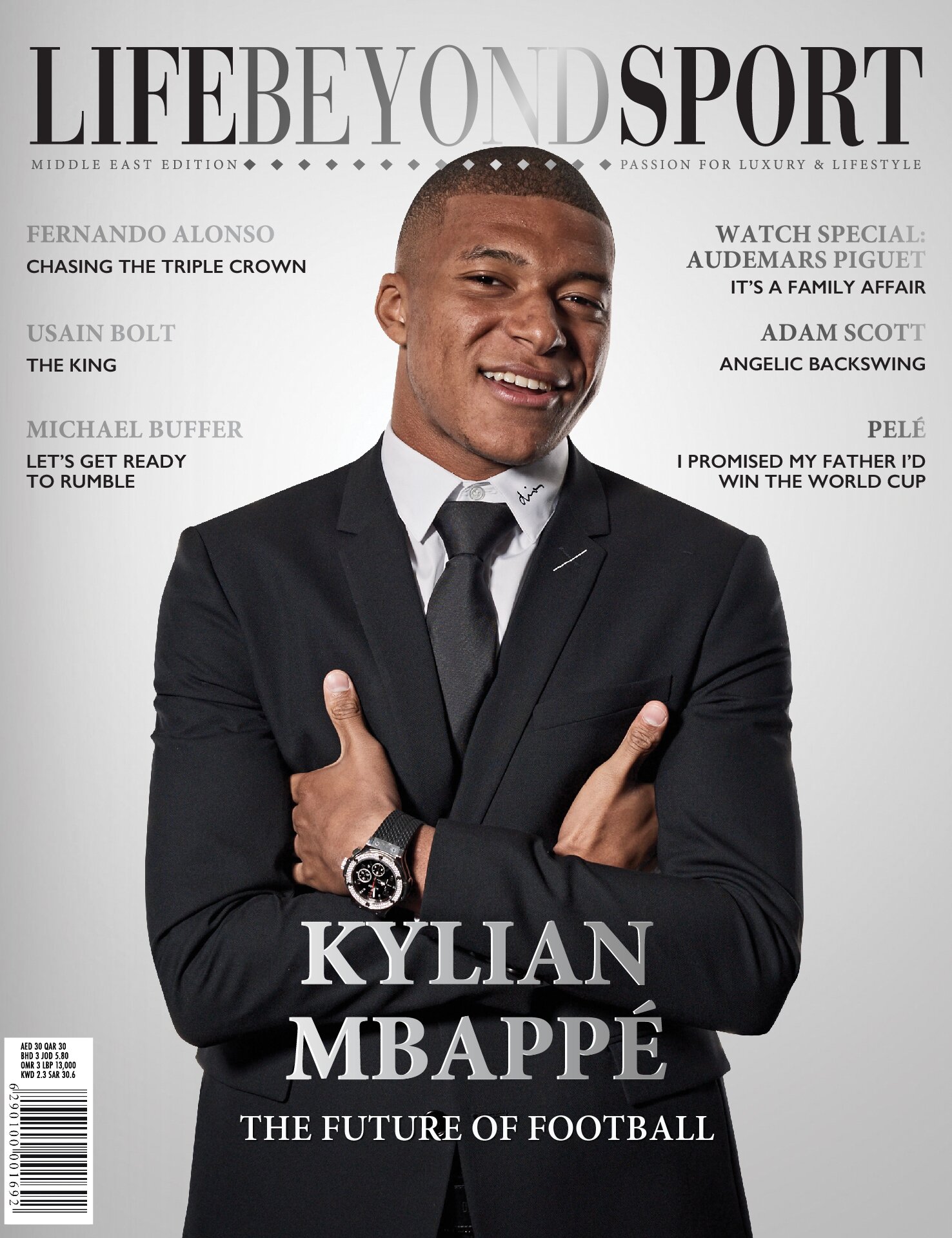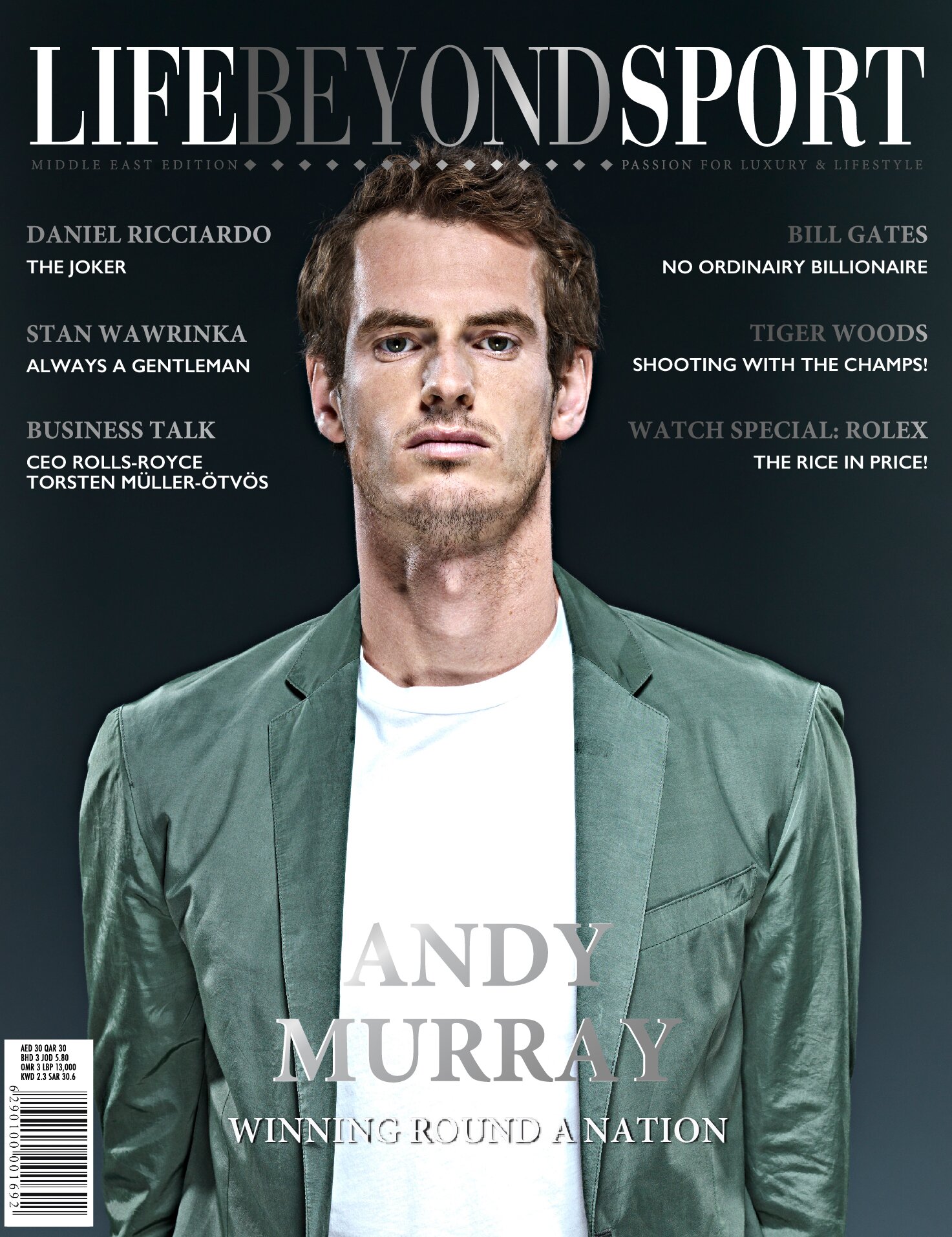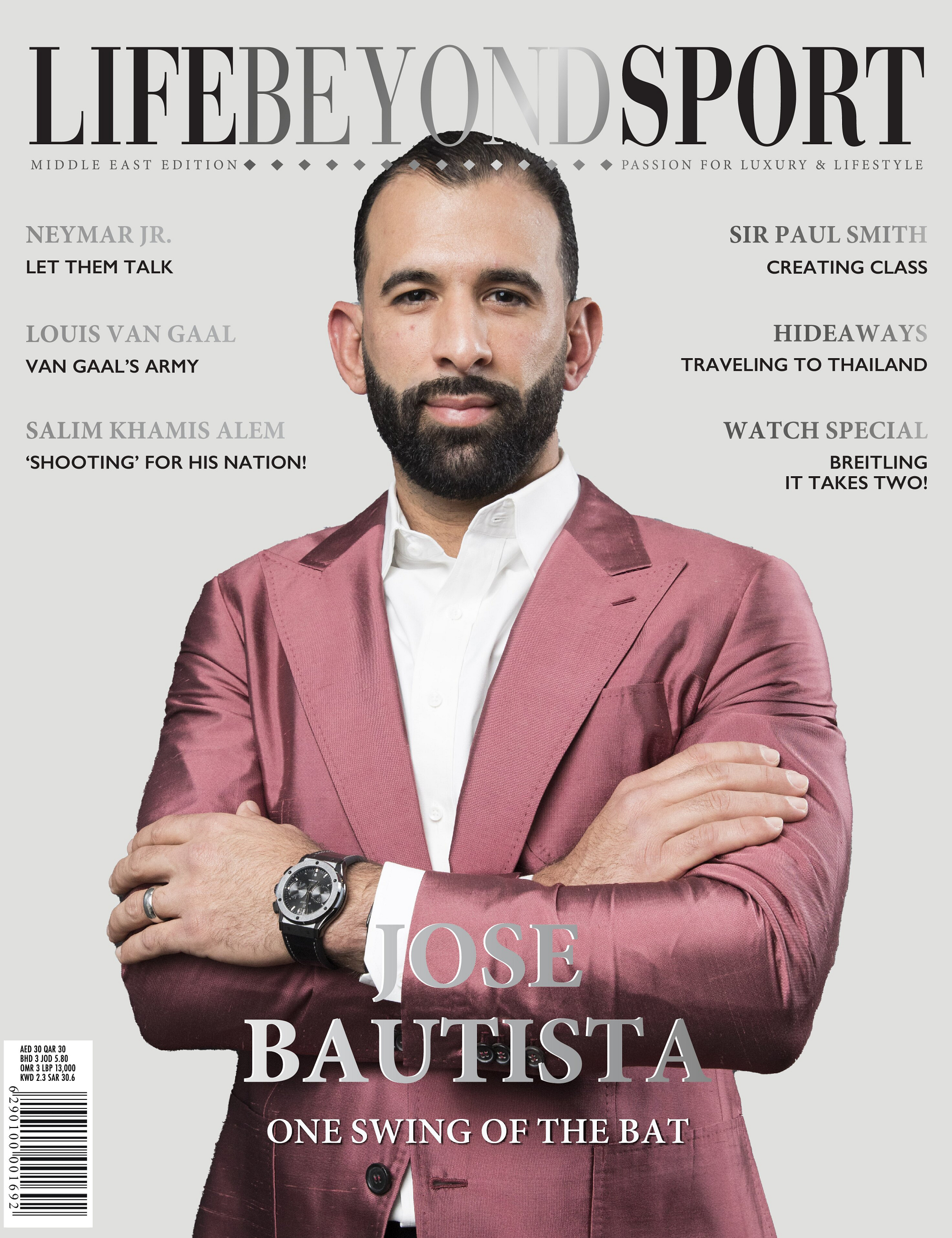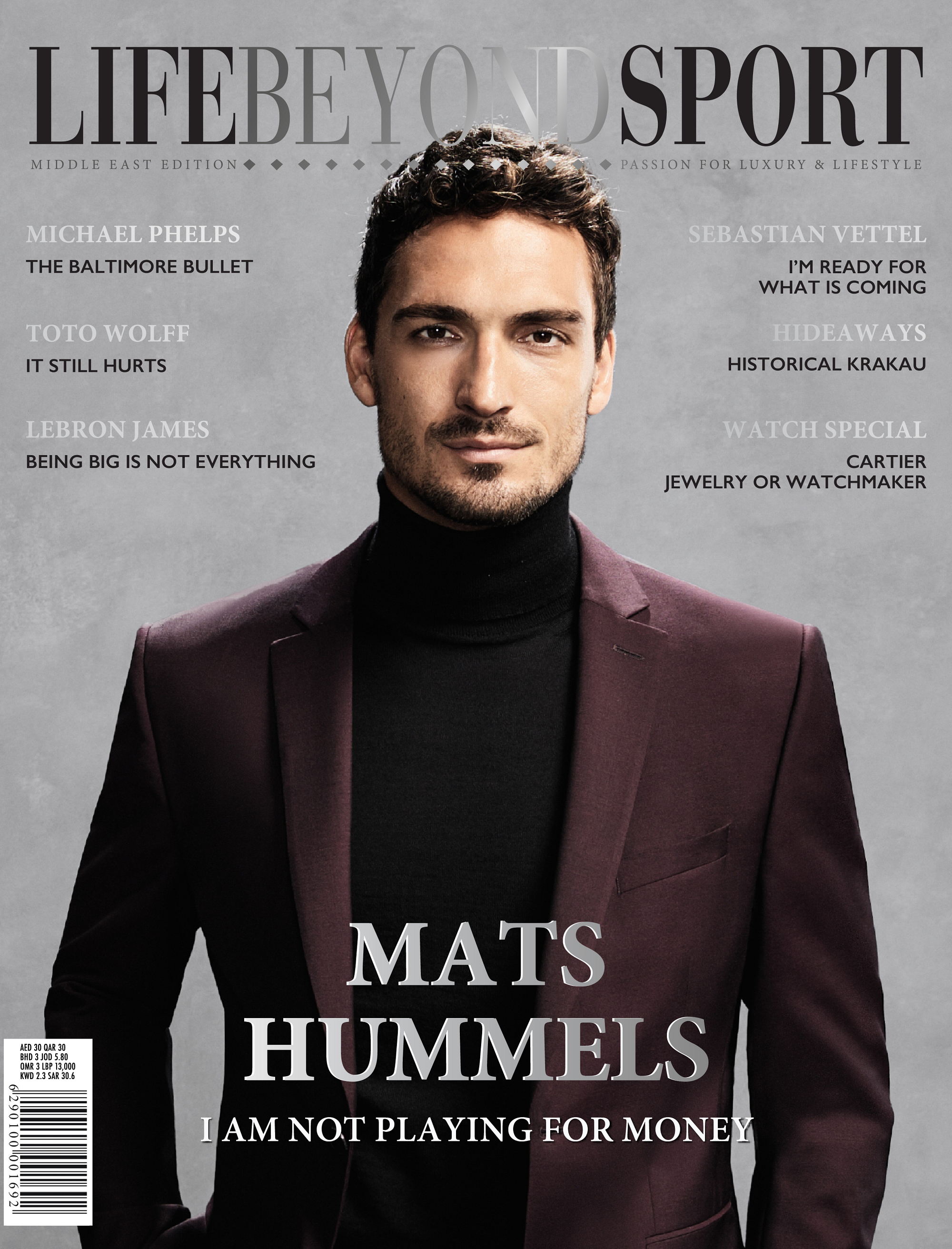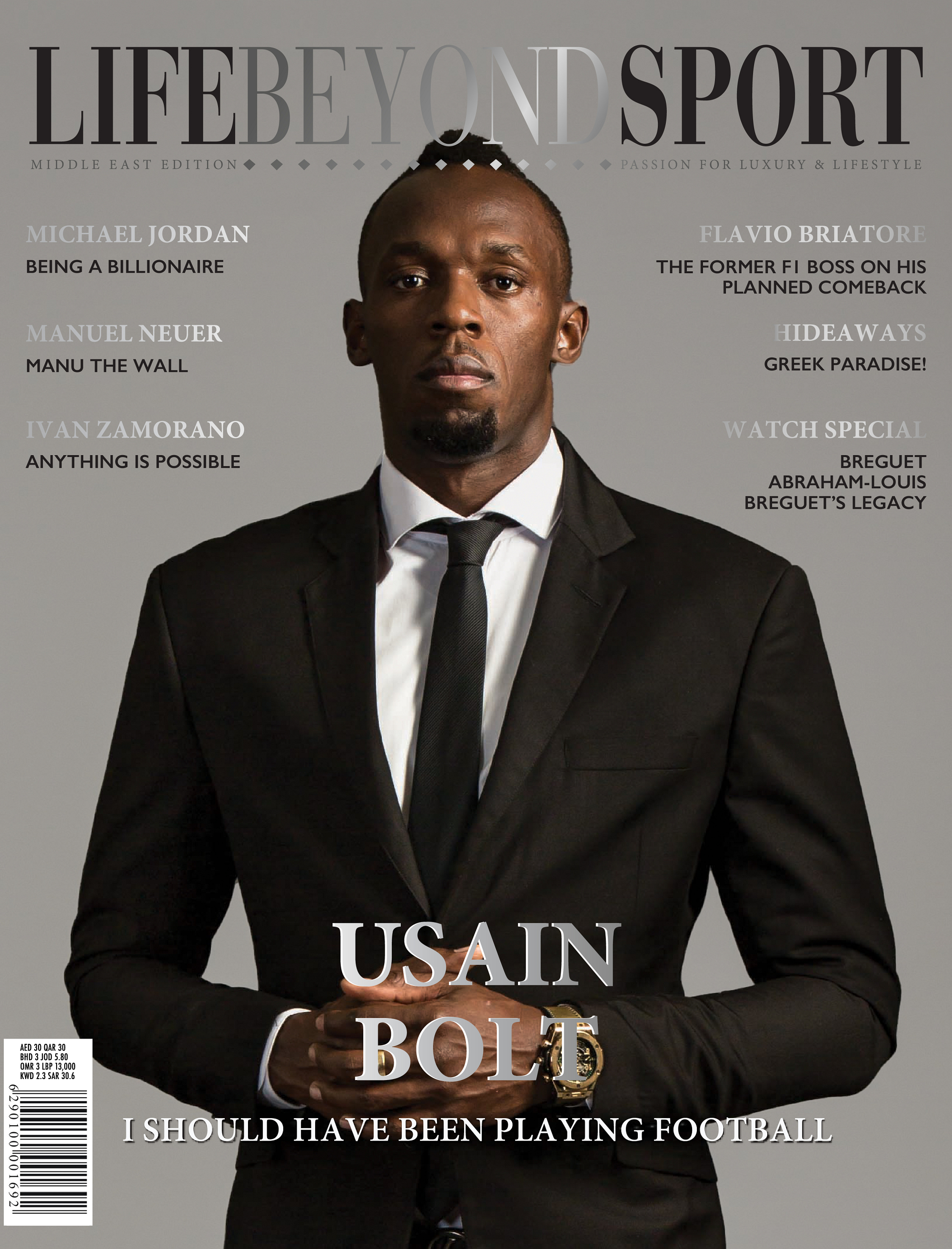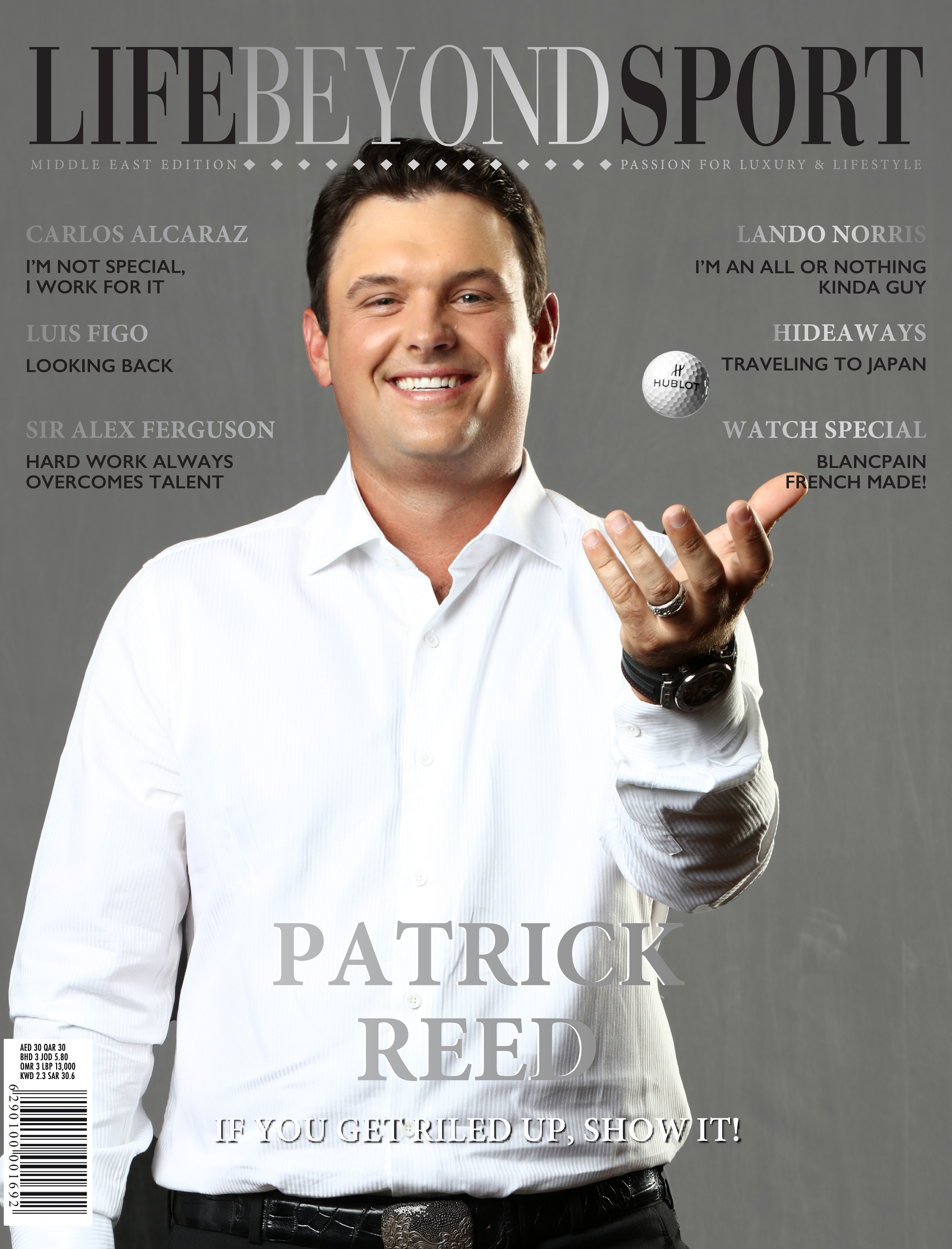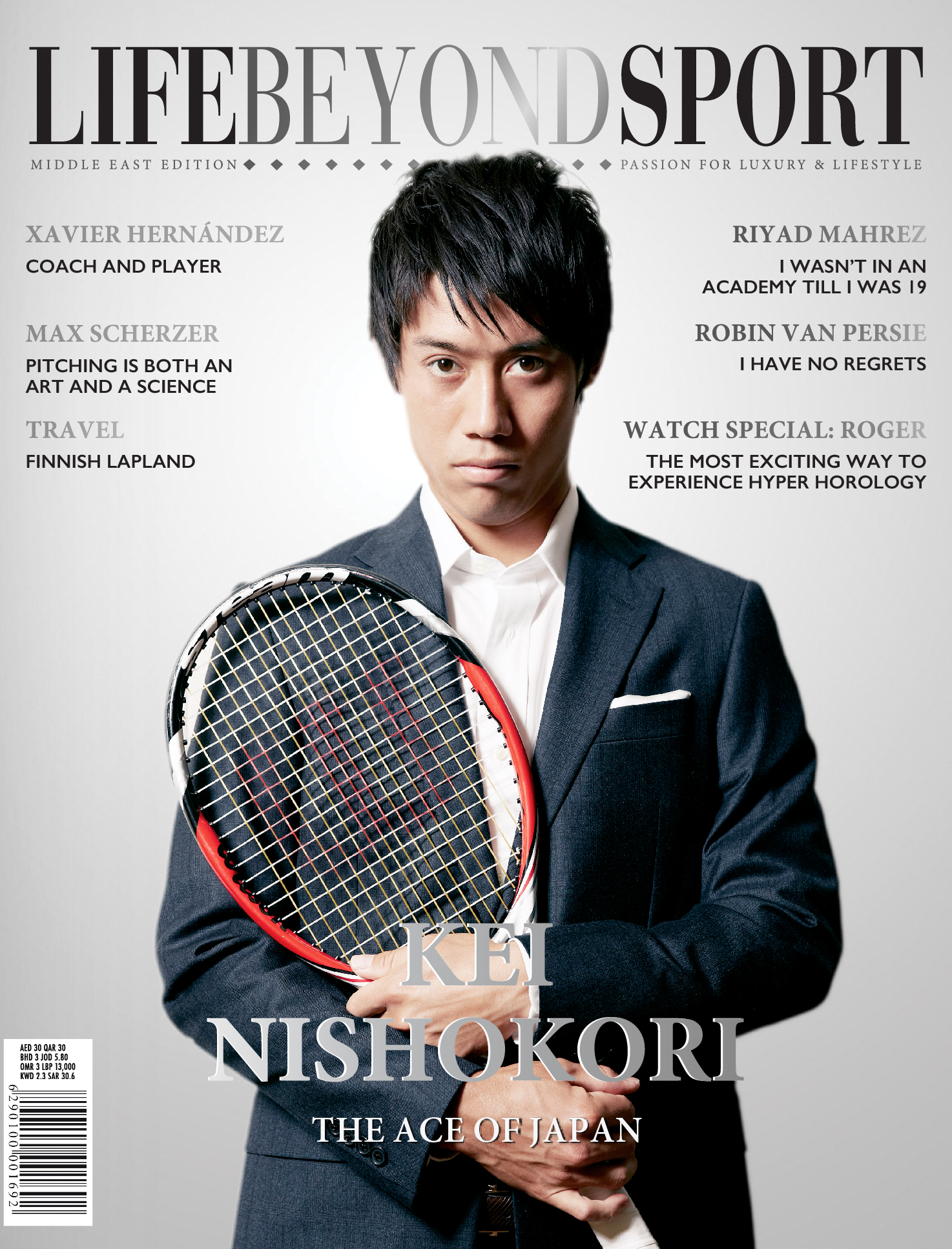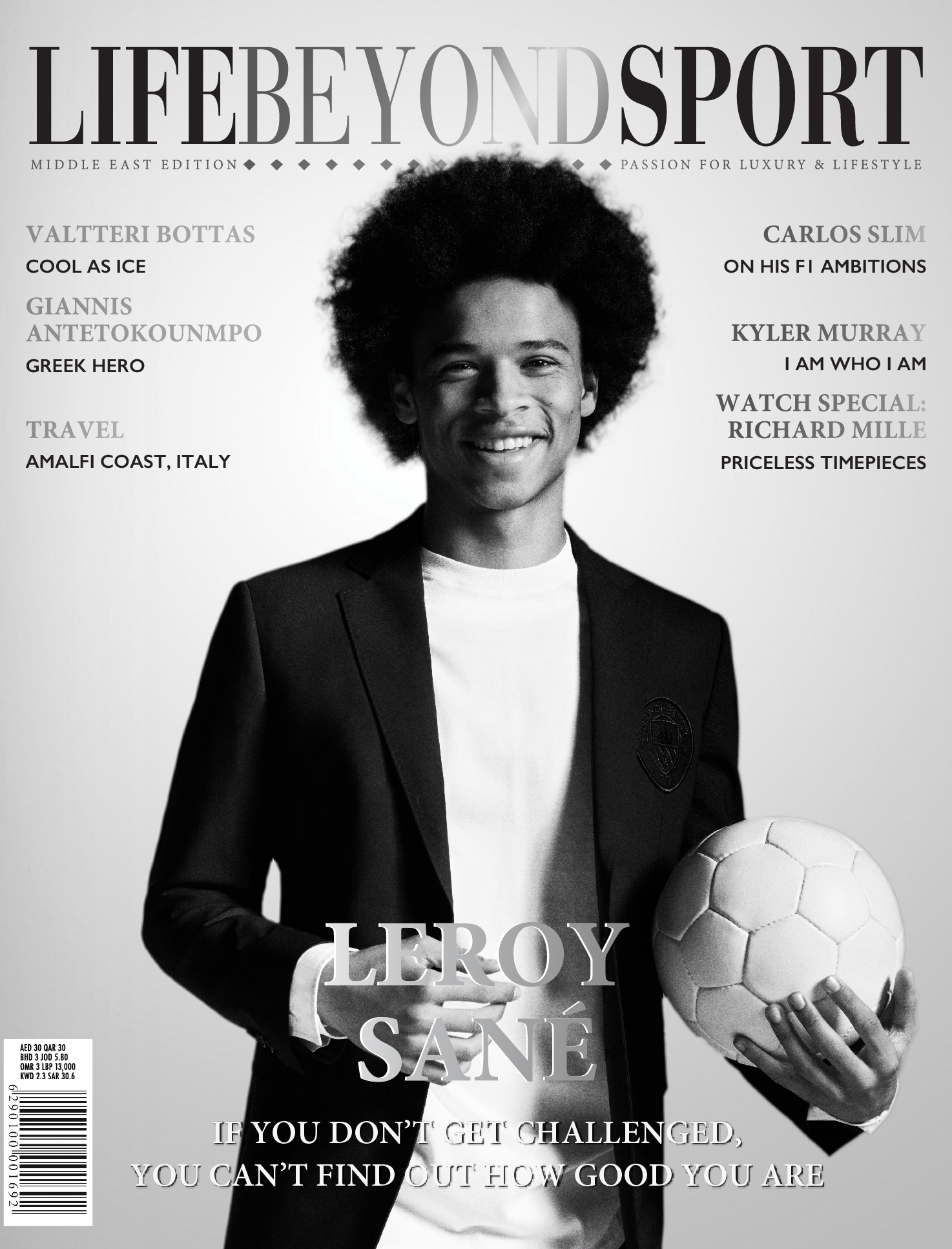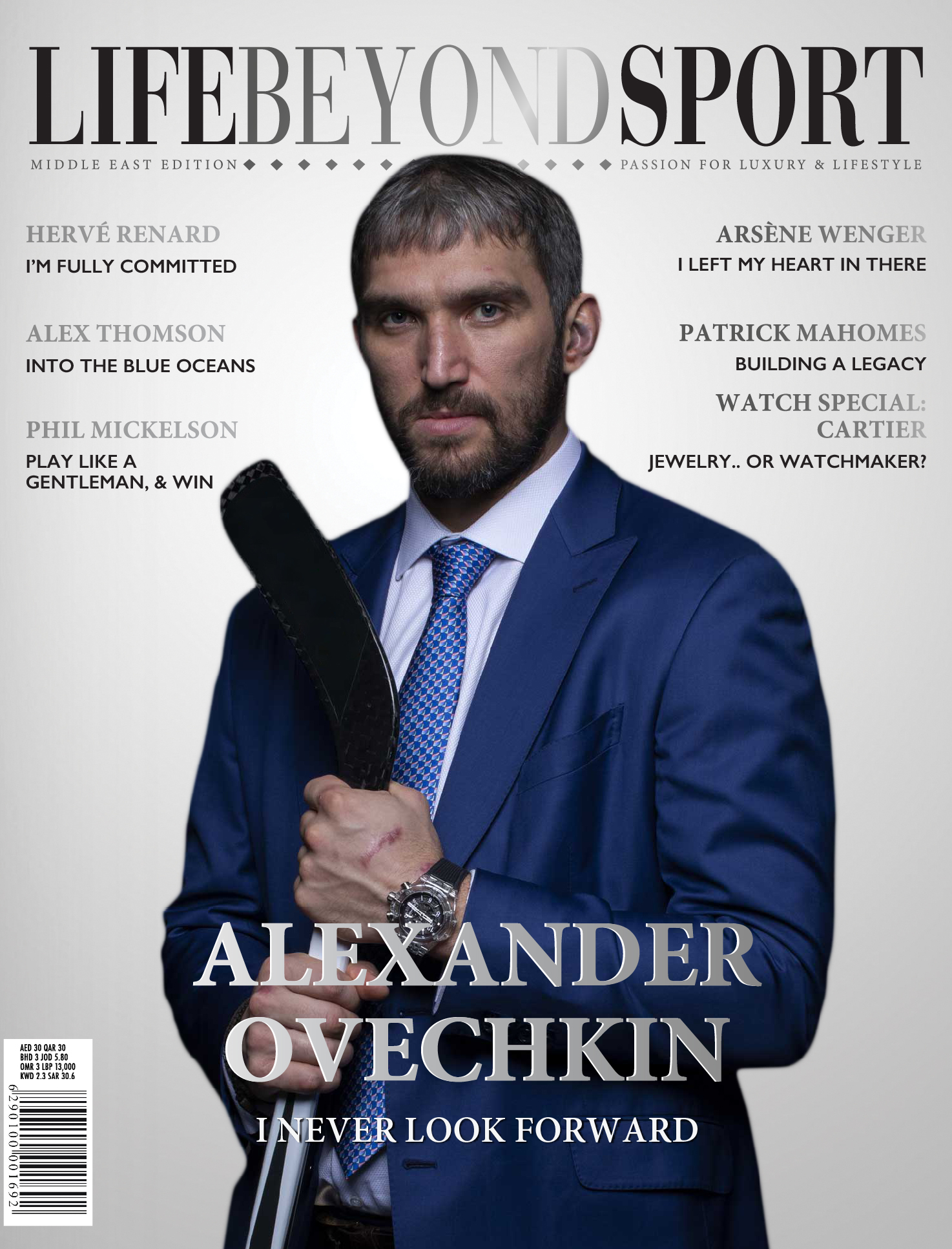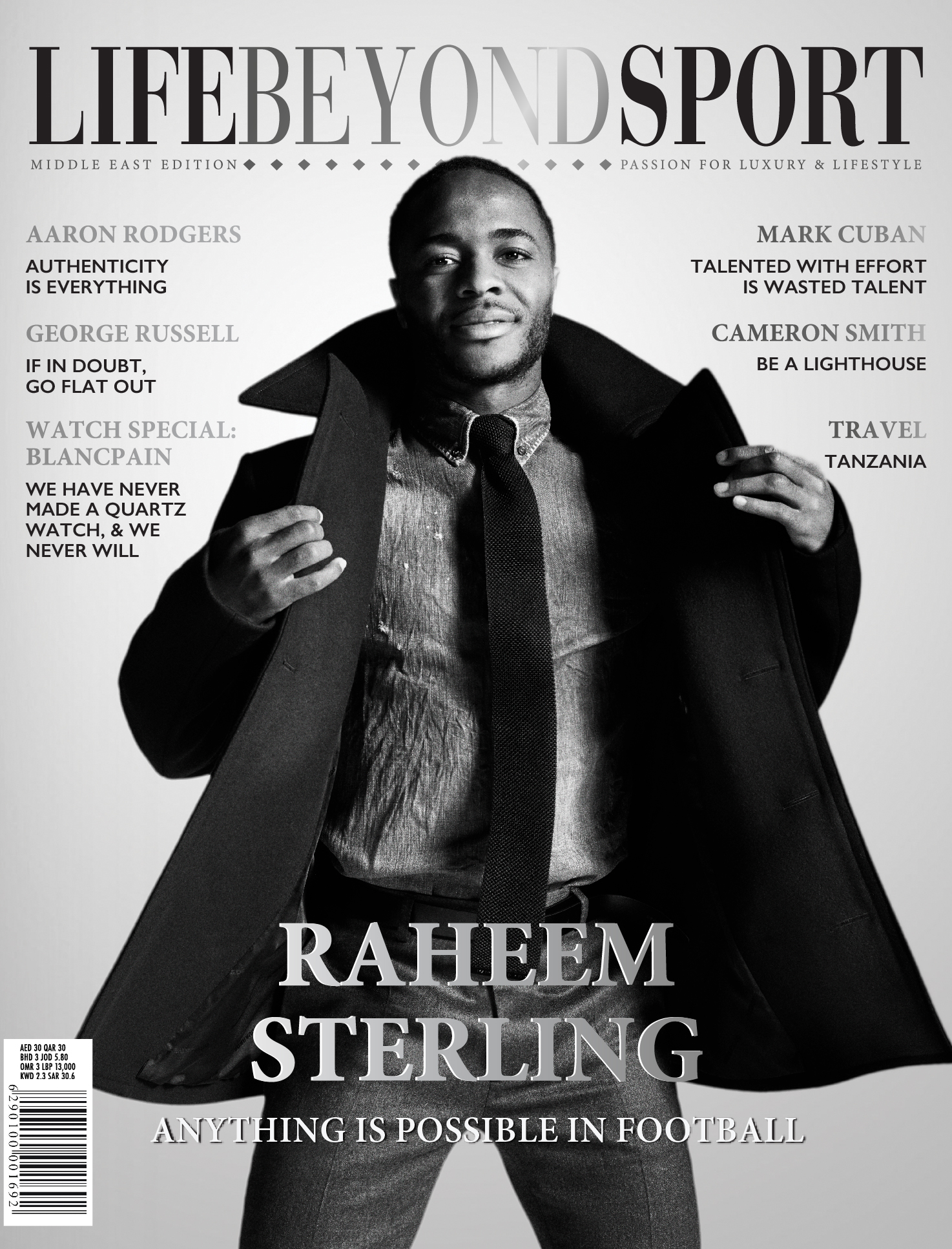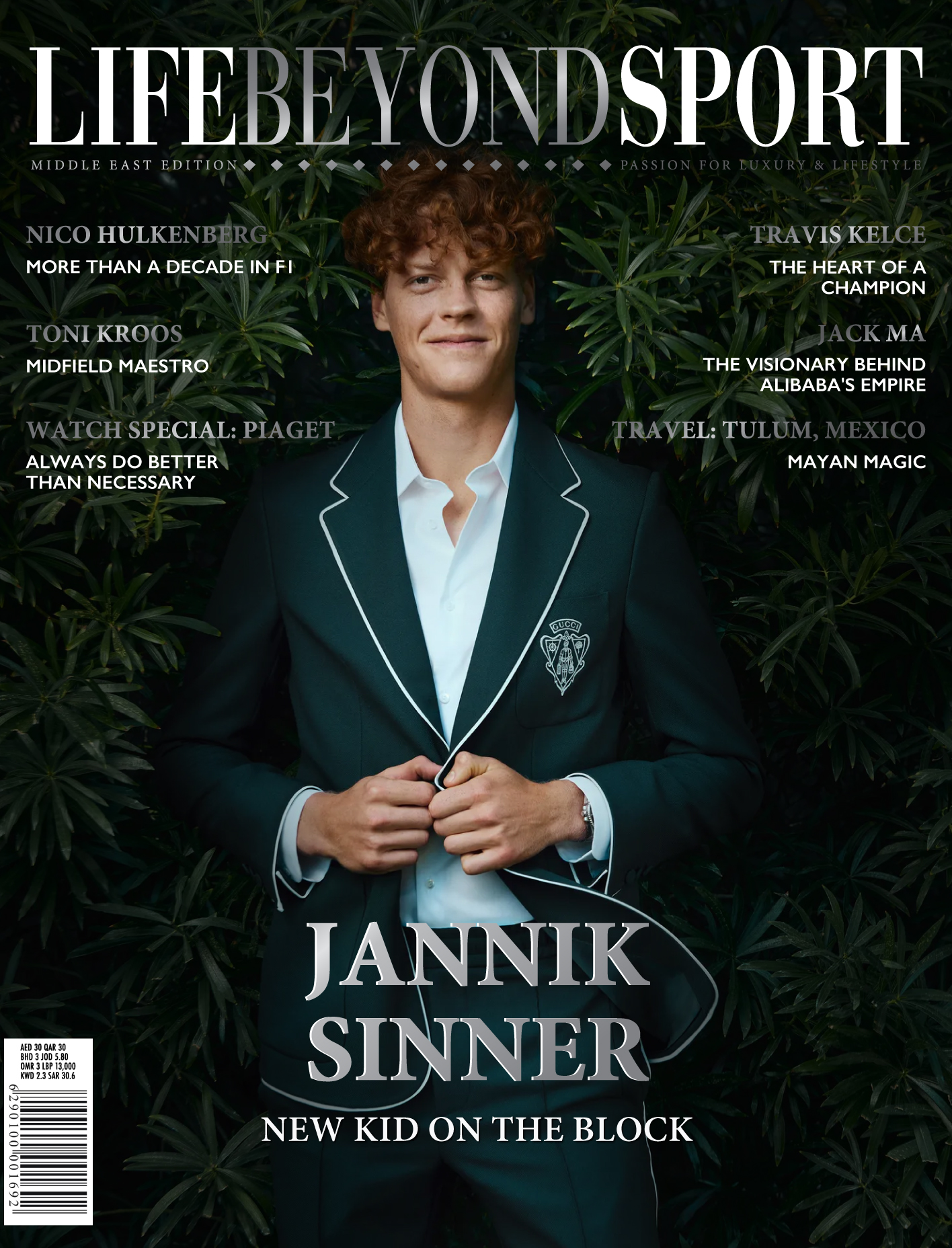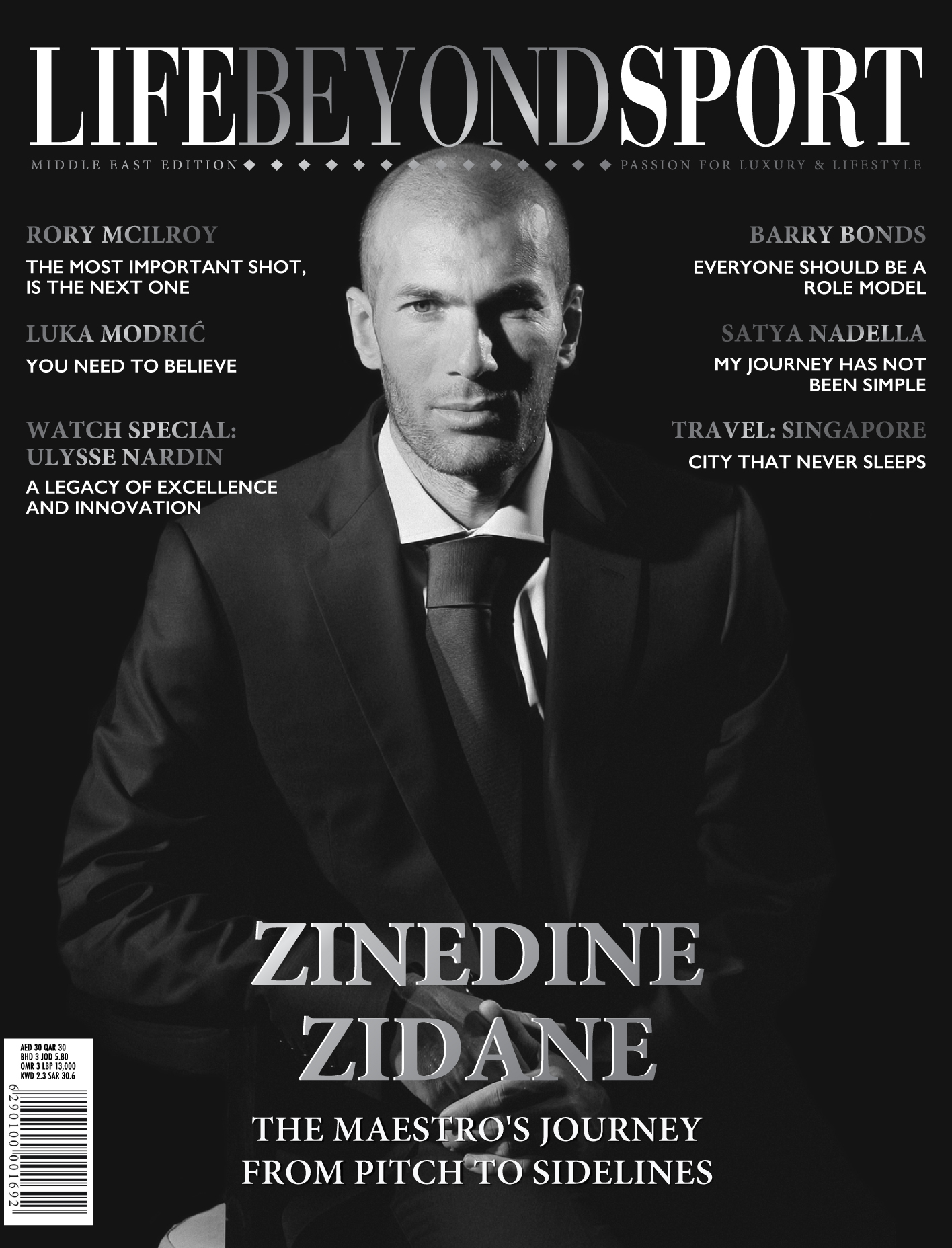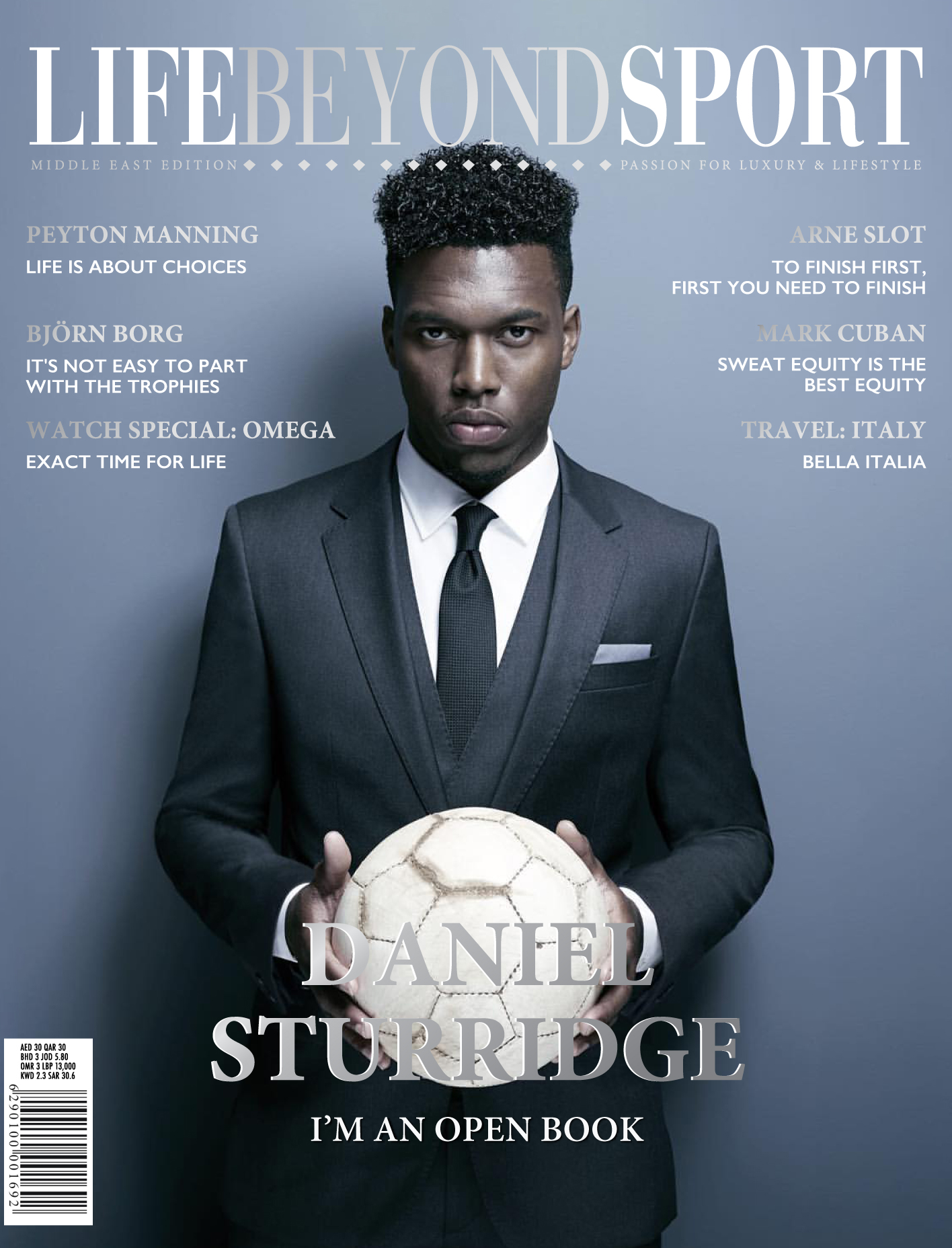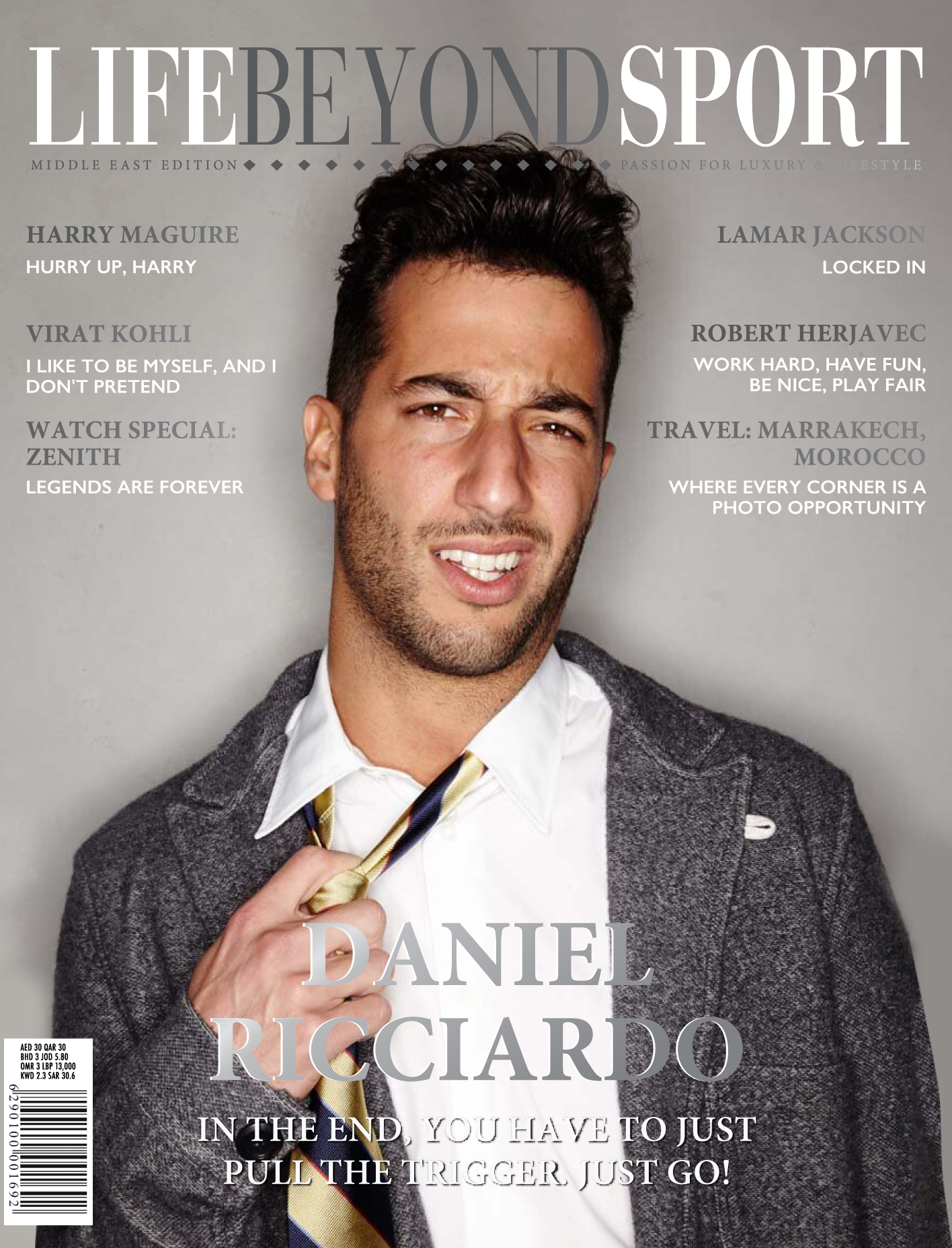Standing at 5ft10 and looking like a natural supermodel, Lindsey Caroline Vonn, born Kildow, is an American alpine skier. In the 2007-2008 season, she won the overall World Cup and the one on the downhill. She won a gold medal in the downhill at the 2010 Winter Olympics in Vancouver. She was married with top golf player Tiger Woods. Vonn, met golfer Tiger Woods at a charity event in 2012. They began dating in March 2013 before splitting up in May 2015.In late 2016, she began dating NFL assistant coach Kenan Smith before splitting in November 2017. In June 2018, she began dating P.K. Subban, a defenseman in the NHL.
Ms. Vonn, you once said that you found your identity on the mountain. Is skiing what you were born to do?
Skiing is definitely something that I was meant to do. I think that's one of the reasons why it was really hard for me to retire because I didn't really know who I was outside of skiing. It's always been my happy place, you know, when you’re racing you don't have any room for distraction, so you're very present. I felt that from the moment I first stepped on skis. I felt like this was my place.
Would you call that a kind of flow state?
Yeah, everything's quiet, I see exactly where I need to go, and it seems like time is slowing down even though I'm going 80 miles an hour. And I love being in that state of mind, it's very freeing, because you can't think of anything else, you have to be one hundred percent focused on what you're doing at that time. One thing I really liked about skiing is that I was able to just really focus on that and forget the other things that are going on in my life. I was really able to be present on the mountain.
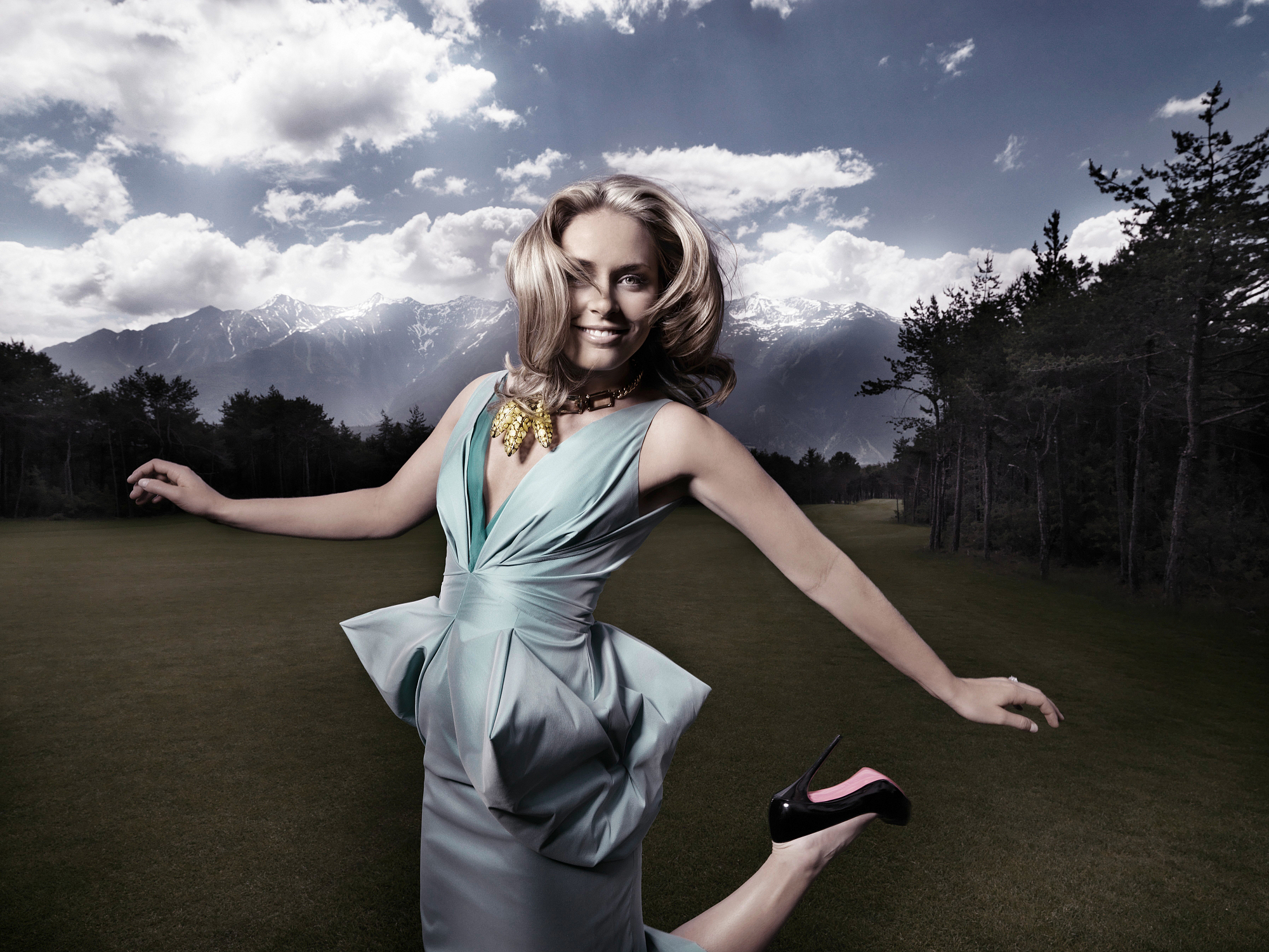
Is that state of mind something you can train or learn? Or does it have to come naturally?
I think it took me until I was probably 19 to figure out how to do that. I did it pretty well when I was younger, but it was a kind of trial and error process for me to figure it out. I think it is something that you can work on, but it's really difficult, it's much harder to do in a race situation because you have so many other elements that are pulling at you, distracting you. So to be able to be in a clear state of mind with all of that going on, it's definitely a lot harder.
And how about when you’re injured or in pain, but you still need to race?
I remember in 2016, you suffered a hairline fracture in your knee but still managed to race the next day.
I've been through a lot of injuries. But the thing for me is trying to make smart decisions, you know, if there was a chance that I was going to do irreparable damage to my body by racing, I wouldn’t have done it. But most of the time, it’s a matter of just overcoming the pain. And that was it! I think I have a very high tolerance for pain at this point, just because I've experienced it so much. But I do think it's a state of mind. I look at it as mind over matter. Not every person is the same, and mind over matter doesn't work for everyone, but for me it did. I would do anything to be competing so that's what I did. I never gave up and I fought through the pain.
I think experiencing pain can actually take away the fear of pain, to some extent.
I think that it actually gave me more confidence, because I knew that I was tough enough to be able to fight through it! But at the same time, I never really was scared of the pain. When I was competing being in pain wasn't something that I was afraid of.
In your recently released episode of Greatness Code you said “Fear has never been in the equation for me.”
It's always been my nature! Since I was a kid, I was always the one climbing up trees that were way too high or just doing dangerous things. I just have never been afraid. I just don't have that hesitation. And even with injuries, I mean… None of my injuries changed whether I was afraid or not, it was more the anxiety of not knowing if I would still be as competitive as I was at the top of my sport before I was injured. My first major crash which was at the Olympics in Torino, I crashed in a training round and I was helicoptered off the mountain, that was my first experience with really severe pain. It was really a wake up call for me to understand how quickly things could change and how quickly my career could be over. And that gave me a better sense appreciation that I was able to do what I loved. So as my career went on, I think I had to change my tactics to try to minimize my risk. But I've always known the risk.
How do you come back from a moment like that?
It’s kind of just the way I was raised. With my grandfather, my grandmother, my dad, my mom, you know, there was always a sense of: follow through, we never give up on anything, we're hard workers. There’s no quit in anything that I do. It's always all the way to the end, to the very last rep, to crashing and injuries. It’s never wavered, my motivation or work ethic. And again, I think that comes from my family. My mom had a stroke when she had me and so she was never able to run with me or ski with me, or do a lot of the athletic things that I did growing up or in my career. And so I always had an immense appreciation for the fact that I had the opportunity. It was ingrained in me since I was young.
It seems like your family has played a really important role in your career as well, right?
I feel very fortunate to have such a good support system. My family sacrificed a lot for me to get to where I did! We all moved from Minnesota to Colorado when I was 12 and my sister was eight, and the triplets were five or six. So they were definitely coming in at a very young age and sacrificing things for me that I didn't even really understand. My family has been with me throughout my career. When I got divorced, my sister Laura came on the road with me. When I got injured, my family was always in the hospital with me, or at home, my brother would have soup and grilled cheese sandwiches waiting. They're always there one way or the other. And I'm very thankful for that, because it is hard to be an athlete on the road. It’s a very isolating thing to be an athlete.
People tend to forget about that part of the job.
Exactly, it’s not glamour, it's a lot of hard work and a lot of time by yourself. You have to really have a drive to want to win and to keep pushing yourself.
Is it difficult to keep that drive alive when you’ve achieved all your goals, broken so many records, and won so many races?
It's ever changing. Once I reach one goal, there's always another one. The Olympics were one dream that I had for such a long time. That was something that I worked on and I tried to do since I was a child, you know, I dreamed of winning the Olympics since I was nine years old. That was definitely the most memorable race of my career. But the next day I woke up, and I wanted to win the next race to the Olympics, and the next World Cup… I'm someone that continuously wants to move forward. Once I've accomplished something, I want to accomplish something more. During my career I was blessed to be able to constantly be motivated and constantly be pushing myself, because otherwise I never would have achieved what I did.
What do those achievements mean to you?
I’m very proud! I mean, when it comes to records, I reflect so much on what everyone else has achieved… None of the records in any sports are easy to achieve. I was watching an interview I think with Lebron James where they're talking about how being an athlete is different than being an actor or a musician, because there's very few statistics that can show how hard you've worked or how far you've come. Whereas in sports, the statistics are always going to be there! I think that the records that I've been able to make are proof of the hard work and the labor of love that I put into my sport. I’ve always had a great respect for the people who have come before me. I grew up watching a lot of the people whose records I broke, like Picabo Street, who was my idol growing up… I don't take that lightly.
It must be a surreal experience to break the records of your idols.
I always try to keep things in perspective and not take it lightly. And I hope that someone else comes along and breaks my records! But especially now being retired and looking back those are huge achievements, I know that no one in the world has been able to achieve what I did. I feel almost arrogant saying that, but at the same time, I think it's important to appreciate the work that you put it in and recognize that. I think sometimes you can get into this rhythm of winning and press conferences, and you're working really hard every day to stay on top. It's a never ending cycle. But I did always try to take a moment to understand what I was doing because that made me appreciate everything so much more.
How do you feel about now carrying that torch for the next generation?
That's one of the reasons why I started my foundation in 2015: I thought about Picabo and her impact on me when I met her at an autograph signing for about 90 seconds. She changed my life. I really want to help inspire other kids to follow their dreams and I hope to give as many kids as possible that opportunity. And so carrying that torch from Picabo who gave it to me, I really want to pass that down, I want to help others. It’s important to be a role model as much as possible, because you are setting an example to so many kids. I’ve always had the perspective of giving back, I think as an athlete, it's my responsibility. That's just who I am.
.jpg) Life Beyond Sport magazine is a pioneering publication that breaks through the traditional barriers of men’s lifestyle magazines by smoothly combining a man’s love of sport with his passion for the finer things in life. The magazine contains a range of features, interviews and photo-shoots that provide an exclusive insight into the sportsman’s lifestyle. Only in Life Beyond Sport will you find the biggest names from the worlds of Football, Tennis, Formula 1, Golf, Polo and more.
Life Beyond Sport magazine is a pioneering publication that breaks through the traditional barriers of men’s lifestyle magazines by smoothly combining a man’s love of sport with his passion for the finer things in life. The magazine contains a range of features, interviews and photo-shoots that provide an exclusive insight into the sportsman’s lifestyle. Only in Life Beyond Sport will you find the biggest names from the worlds of Football, Tennis, Formula 1, Golf, Polo and more.